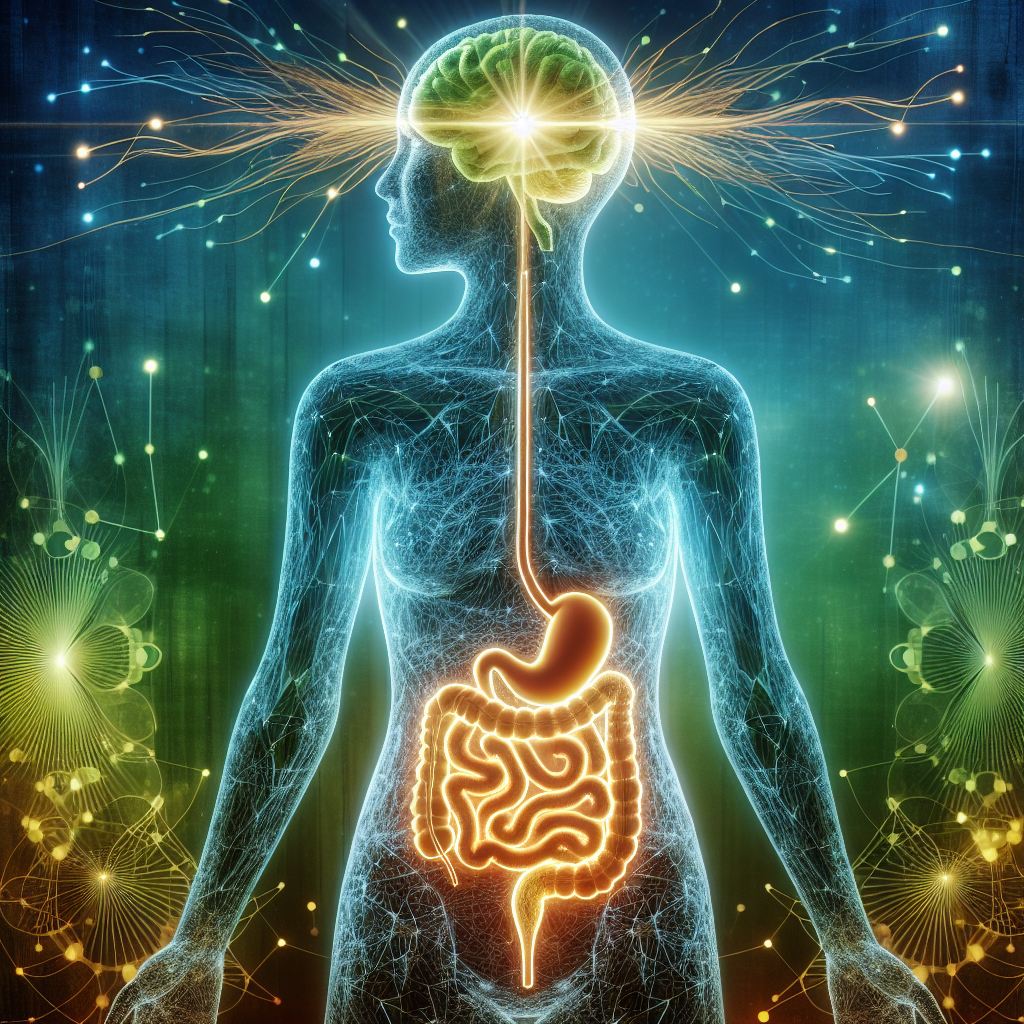Introduction to the Gut-Brain Axis
The intricate connection between the gut and the brain, often referred to as the gut-brain axis, is a rapidly emerging field in neuroscience and gastroenterology. This connection suggests that the state of our gut health can directly influence our mental clarity and overall cognitive functions. Understanding this link could revolutionize approaches to mental health and dietary practices.
Understanding the Gut Microbiome
The human gut is home to trillions of bacteria, viruses, and fungi, collectively known as the microbiome. This complex ecosystem plays a crucial role in digesting food, protecting against pathogens, and regulating the immune system. Recent studies have shown that the microbiome also produces neurotransmitters and other chemicals that can directly impact the brain.
How Gut Health Influences Mental Clarity
Research indicates that a healthy gut microbiome contributes to better mental clarity by influencing the production of serotonin, a neurotransmitter that plays a pivotal role in mood, anxiety, and cognitive functions. Approximately 90% of the body’s serotonin is produced in the gut. Disruptions in the gut microbiome have been linked to a range of mental health issues, including anxiety and depression, which can impair cognitive clarity and function.
Scientific Evidence
A study by the American Psychological Association has highlighted the potential of probiotics in improving mental health and cognitive function by stabilizing the gut microbiota. Another research from ScienceDirect reveals that certain gut bacteria can degrade the brain’s protective coating, influencing neural signals related to cognitive processes.
Practical Steps to Enhance Gut Health for Better Mental Clarity
Improving gut health involves dietary and lifestyle changes. Incorporating a diverse range of high-fiber foods, probiotics, and prebiotics can help enhance the robustness of the gut microbiome. Reducing stress through mindfulness practices like meditation can also positively affect gut health.
Diet Tips
Focusing on a diet rich in whole foods, vegetables, and grains while minimizing the intake of processed foods and sugars can promote a healthier gut microbiome. Fermented foods such as yogurt, sauerkraut, and kombucha are excellent sources of natural probiotics that support gut health.
Lifestyle Modifications
Regular physical activity and sufficient sleep are crucial for maintaining a healthy gut. Exercise has been shown to increase the diversity of gut bacteria, which in turn benefits mental clarity and cognitive function.
Case Studies and Real-Life Examples
Several anecdotal and research-based case studies illustrate the impact of improved gut health on mental clarity. For instance, individuals suffering from irritable bowel syndrome (IBS) often experience foggy thinking, which improves with targeted dietary changes aimed at balancing gut microbiota.
Conclusion: The Future of Gut Health and Cognitive Function
As research continues to uncover the profound effects of gut health on mental clarity, it becomes increasingly clear that our diets and lifestyles play a significant role in maintaining cognitive function. The future may see personalized dietary recommendations based on individual gut microbiota profiles to enhance mental and overall health.
For those looking to dive deeper into how diet influences gut health, consider reading Can Food Sensitivity Testing Improve Gut Health?.


